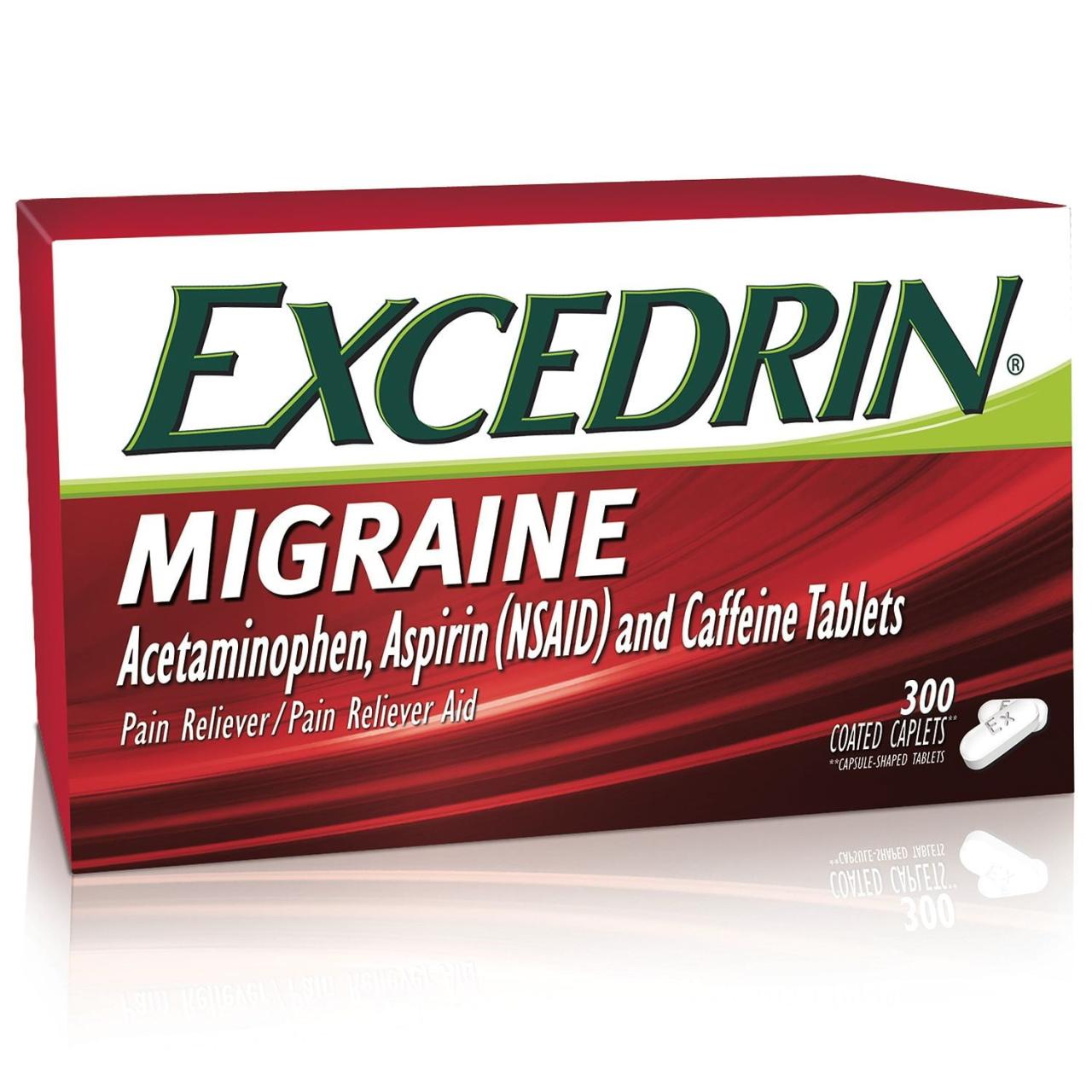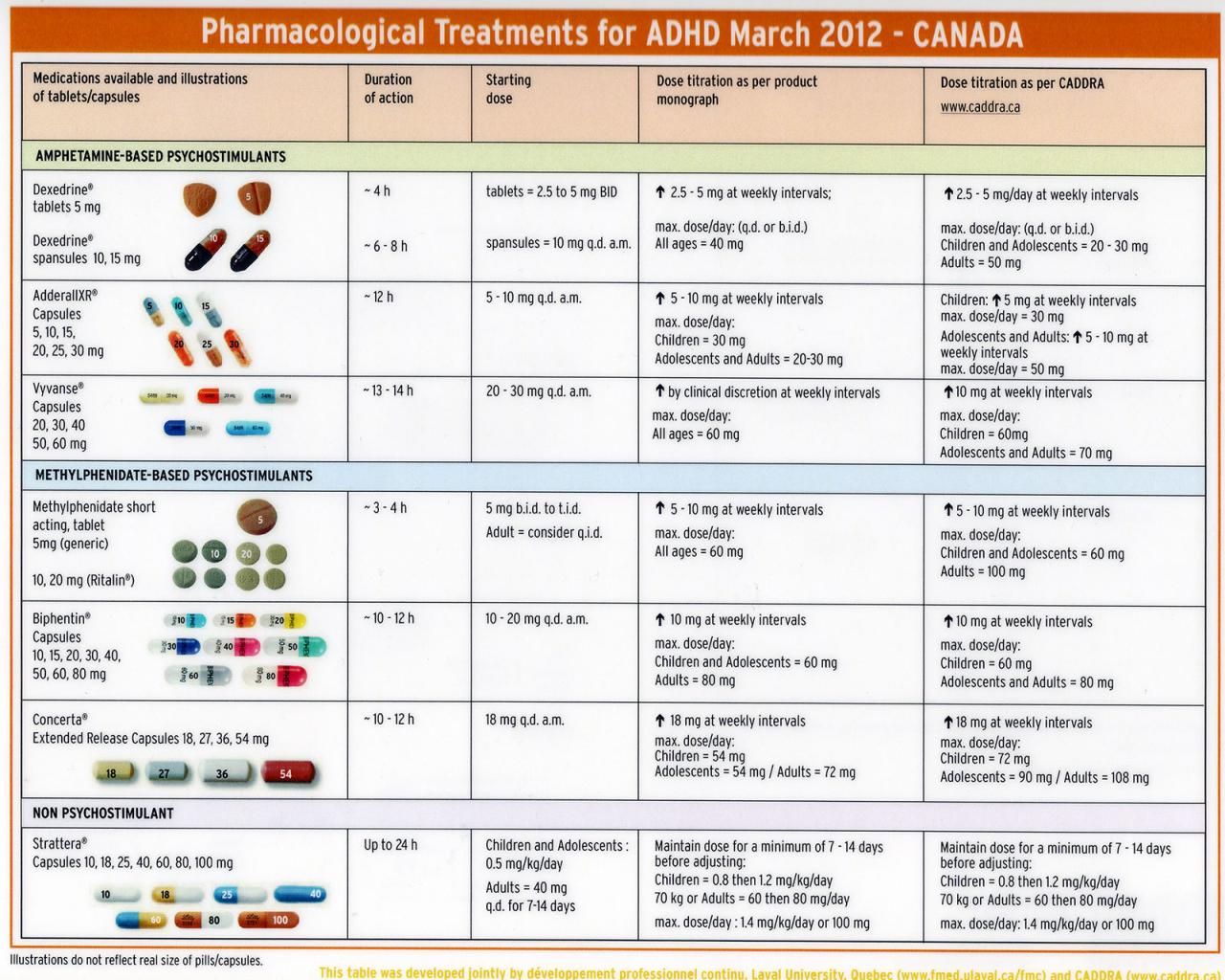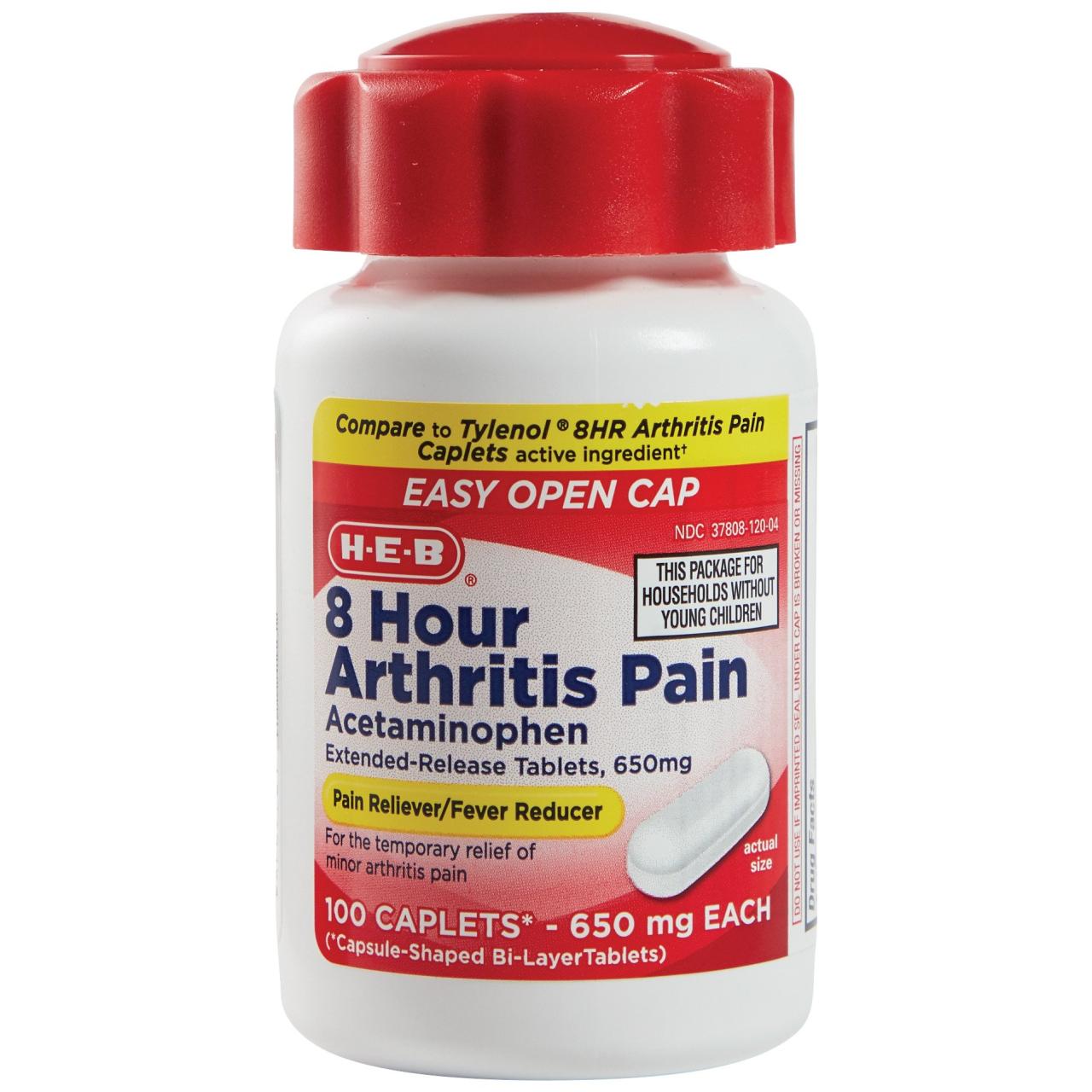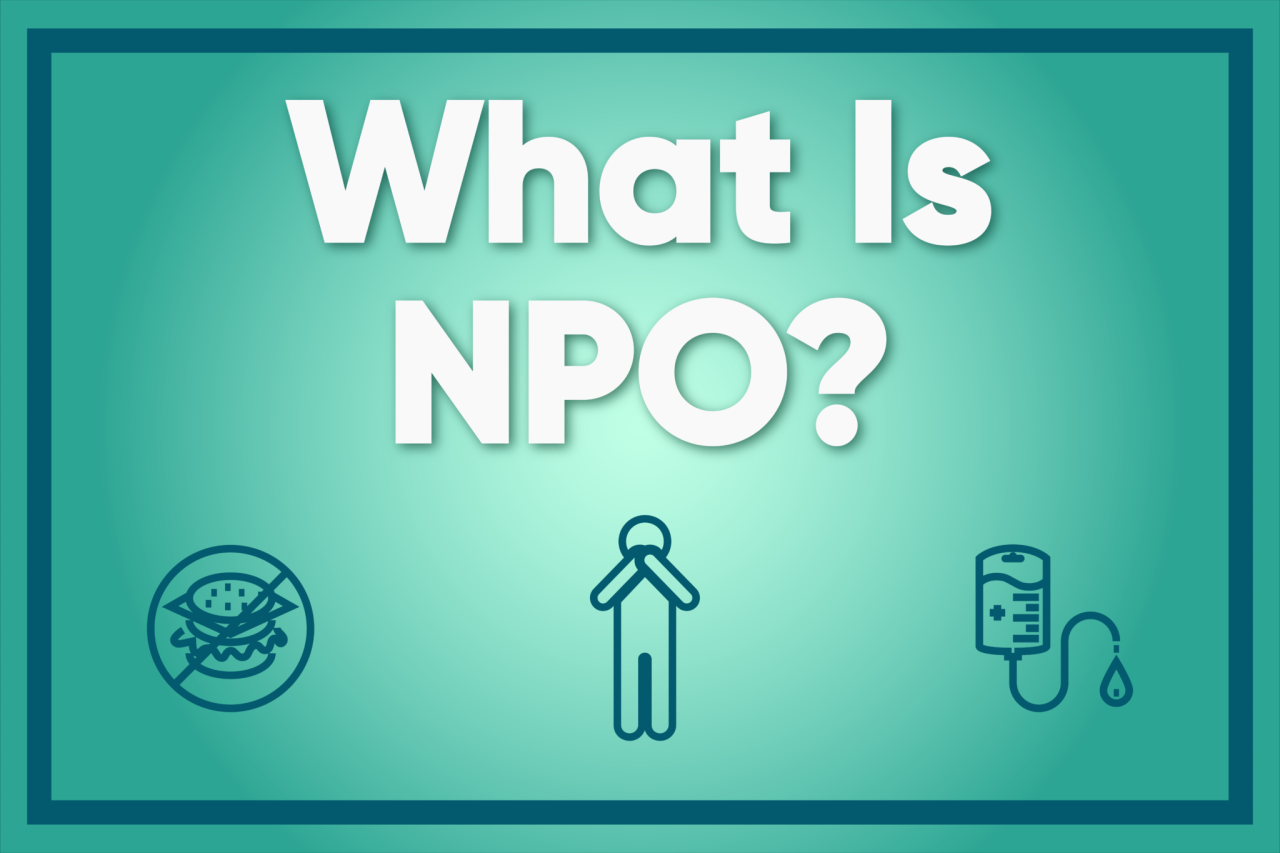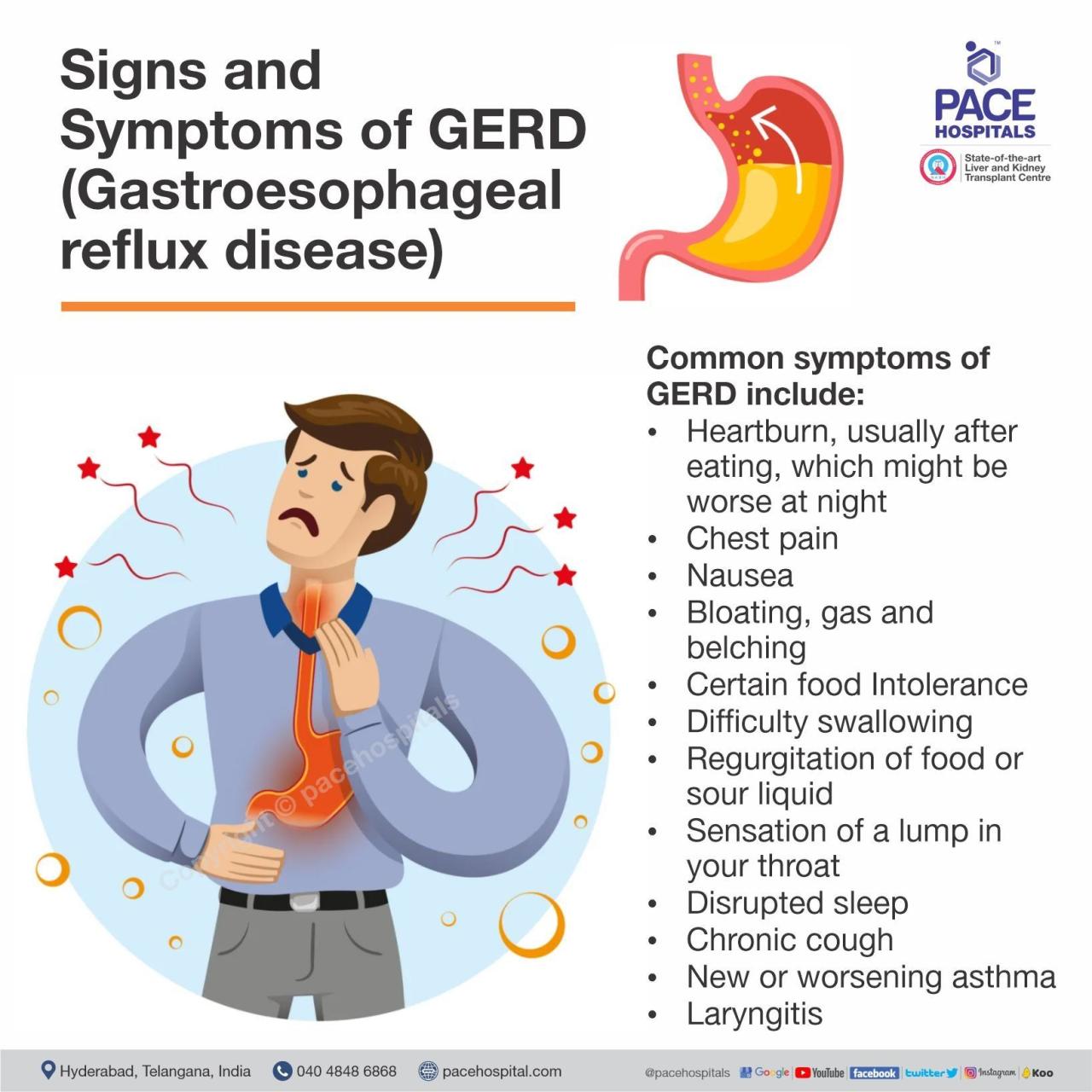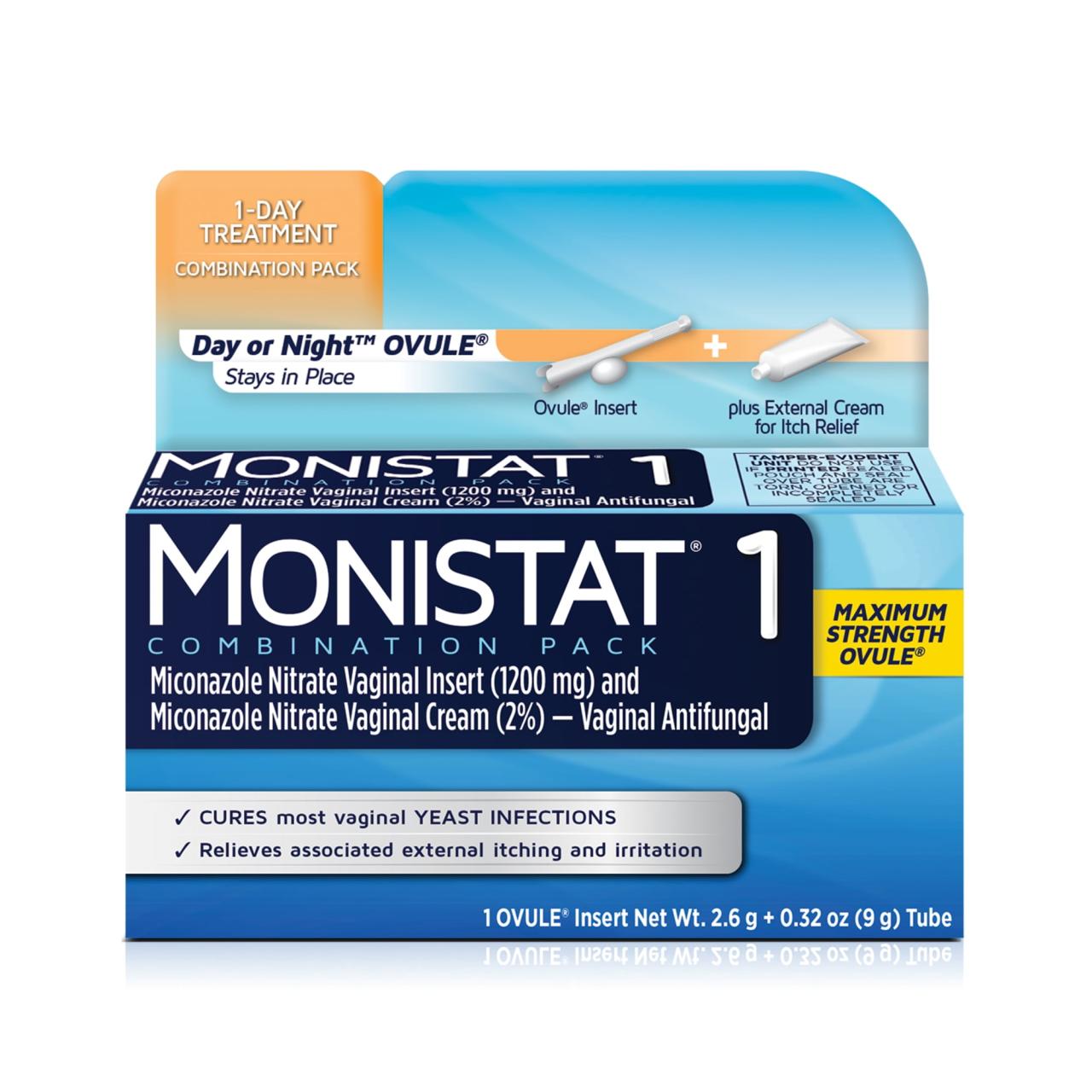Aphthous ulcer medication offers a ray of hope for those suffering from the painful, recurring sores known as canker sores. These ulcers, which typically appear in the mouth, can range from small and fleeting to larger and more persistent.
Understanding the different types of aphthous ulcers, their causes, and the available treatment options is crucial for effective management. This guide explores both over-the-counter and prescription medications, as well as home remedies and lifestyle changes that can help alleviate symptoms and prevent future outbreaks.
Whether you’re seeking fast relief from a current ulcer or trying to prevent future occurrences, this information can empower you to take control of your oral health.
Understanding Aphthous Ulcers: Aphthous Ulcer Medication
Aphthous ulcers, commonly known as canker sores, are small, painful sores that appear inside the mouth. They are a common condition that affects millions of people worldwide. While usually harmless and self-limiting, they can be quite bothersome due to their painful nature.
Understanding the different types, causes, and potential risk factors can help you manage these ulcers effectively.
Types of Aphthous Ulcers
Aphthous ulcers are classified into three main types based on their size, duration, and appearance:
- Minor Aphthous Ulcers:These are the most common type, typically small (less than 1 cm in diameter), shallow, and heal within 7-10 days. They often appear as a single ulcer or in small clusters.
- Major Aphthous Ulcers:These are larger (greater than 1 cm in diameter), deeper, and can take longer to heal (2-6 weeks). They may be more painful and can leave scars after healing.
- Herpetiform Aphthous Ulcers:These are characterized by numerous small, pinhead-sized ulcers that appear in clusters. They are often mistaken for herpes simplex virus infections, but they are not contagious.
Symptoms of Aphthous Ulcers
The most common symptom of aphthous ulcers is pain, which can range from mild to severe. Other symptoms may include:
- Burning sensation
- Tingling or numbness
- Redness and swelling around the ulcer
- Yellow or gray center of the ulcer
- Difficulty eating or talking
Causes of Aphthous Ulcers
The exact cause of aphthous ulcers is unknown, but several factors are believed to play a role:
- Trauma:Biting the inside of your cheek, dental work, or even brushing your teeth too hard can trigger an ulcer.
- Stress:Studies suggest that stress can increase the frequency and severity of aphthous ulcers.
- Hormonal changes:Some women experience aphthous ulcers during their menstrual cycle or pregnancy.
- Immune system dysfunction:Certain autoimmune disorders or conditions that affect the immune system may increase the risk of aphthous ulcers.
- Nutritional deficiencies:Deficiencies in iron, vitamin B12, or folic acid have been linked to aphthous ulcers.
- Certain foods:Some people find that certain foods, such as spicy foods, acidic fruits, or nuts, trigger their aphthous ulcers.
- Bacteria or viruses:While not the primary cause, some bacteria or viruses may contribute to the development of aphthous ulcers.
Risk Factors for Aphthous Ulcers, Aphthous ulcer medication
Certain factors may increase your risk of developing aphthous ulcers:
- Age:Aphthous ulcers are more common in young adults.
- Gender:Women are more likely to develop aphthous ulcers than men.
- Genetics:A family history of aphthous ulcers may increase your risk.
- Smoking:Smoking can irritate the mouth and increase the risk of aphthous ulcers.
- Certain medications:Some medications, such as nonsteroidal anti-inflammatory drugs (NSAIDs), can increase the risk of aphthous ulcers.
Over-the-Counter Medications
Several over-the-counter (OTC) medications can help alleviate the symptoms of aphthous ulcers. These medications work by reducing pain, inflammation, and promoting healing.
Common OTC Medications
- Topical anesthetics:These medications, such as benzocaine or lidocaine, numb the area and provide temporary pain relief. They are available in various forms, including gels, liquids, and lozenges.
- Antiseptic mouthwashes:These mouthwashes, containing ingredients like chlorhexidine or cetylpyridinium chloride, help reduce bacteria and promote healing. They are typically used several times a day.
- Corticosteroid creams or gels:These medications, such as hydrocortisone, reduce inflammation and pain. They are applied directly to the ulcer.
- Oral pain relievers:Over-the-counter pain relievers, such as ibuprofen or acetaminophen, can help manage pain associated with aphthous ulcers.
Mechanism of Action
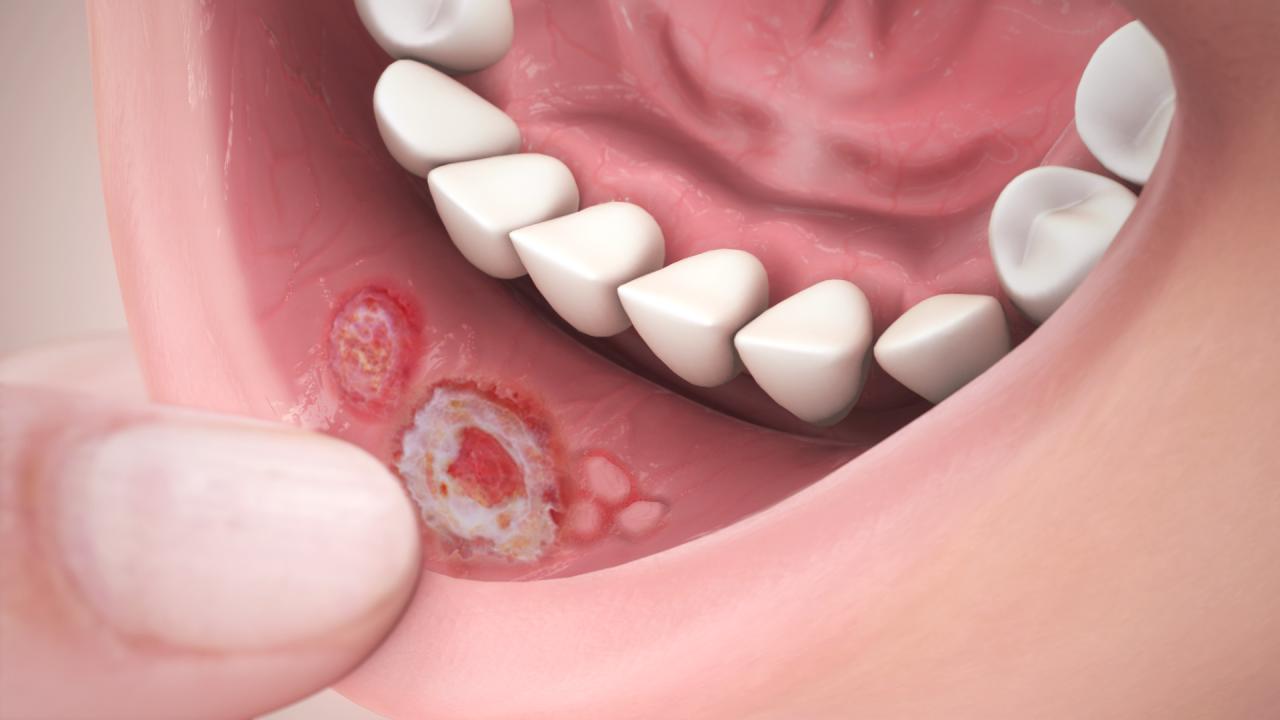
- Topical anesthetics:These medications block nerve signals, preventing the transmission of pain signals to the brain.
- Antiseptic mouthwashes:These mouthwashes kill bacteria and prevent infection, promoting healing.
- Corticosteroid creams or gels:These medications suppress the immune system, reducing inflammation and pain.
- Oral pain relievers:These medications block pain signals in the brain, providing pain relief.
Effectiveness and Side Effects
The effectiveness of OTC medications for aphthous ulcers can vary depending on the individual and the severity of the ulcer. Some people may experience significant relief, while others may find minimal benefit. Potential side effects include:
- Topical anesthetics:Numbness, burning, or irritation at the application site.
- Antiseptic mouthwashes:Staining of teeth, dry mouth, or allergic reactions.
- Corticosteroid creams or gels:Skin thinning, stretch marks, or allergic reactions.
- Oral pain relievers:Stomach upset, nausea, or liver damage (with long-term use).
Prescription Medications
In some cases, prescription medications may be necessary to treat aphthous ulcers, especially if they are severe, persistent, or resistant to OTC treatments. These medications are typically more potent and may have a higher risk of side effects.
Prescription Medications
- Topical corticosteroids:These medications, such as fluocinonide or clobetasol, are available as creams, gels, or solutions. They are applied directly to the ulcer and are more potent than OTC corticosteroids.
- Oral corticosteroids:These medications, such as prednisone or dexamethasone, are taken by mouth and are used for more severe or persistent ulcers. They are often prescribed for a short duration due to potential side effects.
- Immunosuppressants:These medications, such as colchicine or dapsone, are used to suppress the immune system and may be helpful for recurrent aphthous ulcers. They are typically prescribed for long-term use and have a higher risk of side effects.
Applications and Side Effects
- Topical corticosteroids:They are effective in reducing inflammation and pain, but long-term use can lead to skin thinning and other side effects.
- Oral corticosteroids:They are highly effective in reducing inflammation and pain, but they can cause weight gain, mood swings, and other side effects.
- Immunosuppressants:They can reduce the frequency and severity of aphthous ulcers, but they can also increase the risk of infections and other side effects.
Interactions
Prescription medications for aphthous ulcers can interact with other medications. It is important to inform your doctor about all medications you are taking, including over-the-counter medications, herbal supplements, and vitamins.
Ever wondered what “CVA” stands for in a medical context? It’s actually a common abbreviation for “cerebrovascular accident,” which is a more formal way of saying stroke. You can learn more about the cva medical abbreviation and its implications on the MDBP website.
Home Remedies and Lifestyle Changes
In addition to medications, home remedies and lifestyle changes can help manage aphthous ulcers. These strategies can alleviate symptoms, promote healing, and reduce the frequency of ulcers.
Home Remedies
- Salt water rinse:Gargling with warm salt water can help clean the mouth, reduce inflammation, and promote healing.
- Baking soda paste:Applying a paste of baking soda and water to the ulcer can help neutralize acidity and reduce pain.
- Honey:Honey has antibacterial properties and can help soothe and heal ulcers. Apply a small amount of honey to the ulcer several times a day.
- Aloe vera gel:Aloe vera has anti-inflammatory and healing properties. Apply a small amount of aloe vera gel to the ulcer several times a day.
- Ice:Applying a cold compress or ice cube wrapped in a cloth to the outside of the cheek can help reduce pain and swelling.
Scientific Rationale
- Salt water rinse:The salt in the water helps draw out fluids from the ulcer, reducing swelling and inflammation.
- Baking soda paste:Baking soda is alkaline and can help neutralize the acidic environment in the mouth, promoting healing.
- Honey:Honey has antibacterial and anti-inflammatory properties, which can help heal ulcers and reduce pain.
- Aloe vera gel:Aloe vera contains compounds that can soothe and heal ulcers.
- Ice:Cold temperatures can reduce inflammation and pain by constricting blood vessels.
Effectiveness
While these home remedies may provide some relief, their effectiveness can vary depending on the individual and the severity of the ulcer. It is important to consult with a doctor if symptoms persist or worsen.
Lifestyle Changes
Making certain lifestyle changes can help prevent or reduce the frequency of aphthous ulcers:
- Manage stress:Engage in stress-reducing activities such as yoga, meditation, or spending time in nature.
- Eat a balanced diet:Ensure you are getting enough iron, vitamin B12, and folic acid.
- Avoid irritating foods:Identify and avoid foods that trigger your ulcers.
- Practice good oral hygiene:Brush your teeth twice a day and floss daily to remove plaque and bacteria.
- Avoid smoking and alcohol:These substances can irritate the mouth and increase the risk of aphthous ulcers.
When to See a Doctor
While aphthous ulcers are typically harmless and self-limiting, it is important to seek medical attention in certain situations.
Specific Situations
- Severe or persistent ulcers:If your ulcers are large, deep, or last longer than two weeks, consult a doctor.
- Frequent outbreaks:If you experience frequent outbreaks of aphthous ulcers, especially if they are accompanied by other symptoms, see a doctor.
- Fever or other systemic symptoms:If you develop a fever, swollen lymph nodes, or other systemic symptoms along with aphthous ulcers, seek medical attention immediately.
- Difficulty swallowing or breathing:If you have difficulty swallowing or breathing due to ulcers, seek immediate medical attention.
- Ulcers that don’t heal or appear unusual:If your ulcers don’t heal after a few weeks or have an unusual appearance, consult a doctor.
Importance of Diagnosis and Treatment
A doctor can diagnose aphthous ulcers by examining your mouth. They may also perform a blood test to rule out any underlying medical conditions. Treatment depends on the severity and frequency of the ulcers. In some cases, a doctor may recommend prescription medications or other therapies to help manage the condition.
Potential Complications
Untreated aphthous ulcers are typically harmless, but they can become infected or cause complications in rare cases. If you have any concerns, consult a doctor.
If you’re ever looking at a medical report and see the abbreviation “CVA,” you might be wondering what it means. It stands for “cerebrovascular accident,” which is a more formal way of saying “stroke.” You can learn more about the cva medical abbreviation and what it represents on the MDBP website.
Additional Considerations

Several additional factors can influence the development and management of aphthous ulcers.
Nutrition
Maintaining a balanced diet rich in iron, vitamin B12, and folic acid can help prevent or reduce the frequency of aphthous ulcers. It is also important to avoid foods that trigger your ulcers.
Medical Conditions
Aphthous ulcers may be associated with certain medical conditions, such as Crohn’s disease, celiac disease, or Behçet’s disease. If you have frequent or severe aphthous ulcers, it is important to consult a doctor to rule out any underlying medical conditions.
Stress
Stress can trigger or worsen aphthous ulcers. Managing stress through techniques such as yoga, meditation, or deep breathing exercises can help prevent or reduce the frequency of ulcers.
Prevention
While there is no guaranteed way to prevent aphthous ulcers, you can reduce your risk by following these tips:
- Practice good oral hygiene.
- Avoid irritating foods and substances.
- Manage stress.
- Eat a balanced diet.
- See a doctor if you have any concerns.
Summary
Living with aphthous ulcers can be challenging, but with a combination of effective medication, home remedies, and proactive lifestyle changes, you can manage symptoms and potentially reduce the frequency of outbreaks. Remember, if your ulcers are severe, persistent, or accompanied by other symptoms, it’s essential to consult a healthcare professional for a proper diagnosis and treatment plan.

